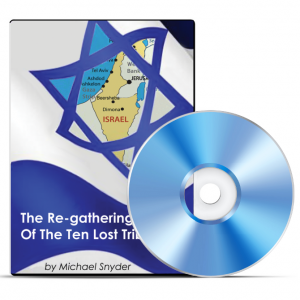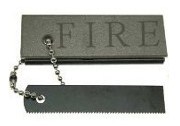|
|

Guest Post Lee Flynn
The polar vortex has got everyone talking about cold weather. But while we are exclaiming about the ridiculously low temperatures and naming things “polar vortex,” there are plenty of people who are right in the thick of some of the most extreme weather the world has seen in decades. And though there have been some fatalities as a result of the cold weather, there is a far more common occurrence of people being stranded in their vehicles for days at a time. In these sorts of situations it is difficult to survive, but if you are properly prepared, it can be done. Here are some of the most important things for you to keep in your car in case of emergencies this winter.
Food
If you are going to be stuck in your car for 12 or more hours, there is one thing for which you will be grateful above all else: food. And even if it is not winter, storing emergency food should be a top priority for any car owner. Remember to store things that can last for a long (Read more....) […]
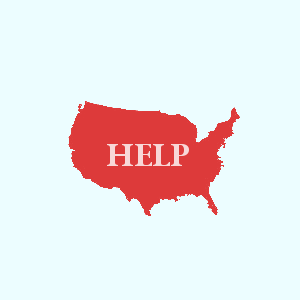 Guest Post Lee Flynn Guest Post Lee Flynn
Fulfilling our basic needs of warmth, protection and food in an apocalyptic situation or after natural disaster can be challenge, but it doesn’t have to be if you prepare properly ahead of time. Spending some time and money investing in quality food and supplies will take you a long way in desperate times. The last thing you want to do is be stuck without the basic necessities in a bad situation.
Creating Warmth
In a natural disaster, you might be facing snow, wind, rain, or freezing temperatures. Investing in a subzero proof sleeping bag for each person in your family will ensure warmth no matter how cold it gets; and protect them from frostbite and hypothermia. Fleece blankets for during the day time are also good to keep in your kit, since shelters aren’t always the warmest.
Thermal under armor, ski glasses, waterproof boots, waterproof gloves, lined coats and hats should also be in your kit for each person to keep everyone dry and warm. Thin gloves and beanies allow water to seep in and chill the body down leading to hypothermia. Keeping your health in a disaster is of up-most importance, so don’t skimp (Read more....) […]
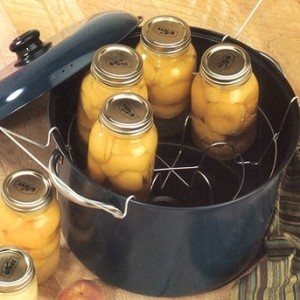 I never really understood the importance of being prepared for disasters until one happened to my family. I live in an area that is prone to hurricanes. A bad one comes every few years, but usually does no more damage than knocking down a few fences and making a lot of noise. What I feared most was flooding, but the area I live in is pretty good about drainage and my home is on a hill, so even that did not give me much pause. I never really understood the importance of being prepared for disasters until one happened to my family. I live in an area that is prone to hurricanes. A bad one comes every few years, but usually does no more damage than knocking down a few fences and making a lot of noise. What I feared most was flooding, but the area I live in is pretty good about drainage and my home is on a hill, so even that did not give me much pause.
However my attitude towards preparedness changed after a really big storm. A hurricane swept through my area that was so bad and did so much damage that my home was without power for almost two weeks. Even the big chain stores and places with backup generators only lasted a few days before their power went down too. All was quiet in my large city, and it was terrifying.
So much damage was done and so many trees were down that relief efforts were hampered and even repair crews had a hard time accomplishing anything. Thankfully our water came back only after a day or two, because we are not on the main grid, but others went for weeks without water also.
My family was not very well (Read more....) […]
 It is hard to be able to know when disaster will strike, but you can prepare you and your family for the event of a natural disaster. There are a lot of things that can happen, and if you are prepared for these types of events, you will be able to survive even the worst events. It is hard to be able to know when disaster will strike, but you can prepare you and your family for the event of a natural disaster. There are a lot of things that can happen, and if you are prepared for these types of events, you will be able to survive even the worst events.
You can never be prepared enough, and there are a lot of things that you will need to get by should services in your community be cut off due to a natural disaster. Having an emergency plan, and natural disaster checklist of the most important things that you will need in the case of an emergency, will help you to be prepared for one of these events.
Developing Your Emergency Plan for Natural Disasters
There are a lot of types of emergency situations that can happen, and having a plan of action will help you to be prepared for what may happen in the event of an emergency. This is even truer for natural disasters that can happen at any time.
There are a lot of components to a well-planned emergency plan, you may want to use a checklist and include some of these important items:
· First aid kit
· Medications
· Emergency Generator
· Flash Lights
· (Read more....) […]
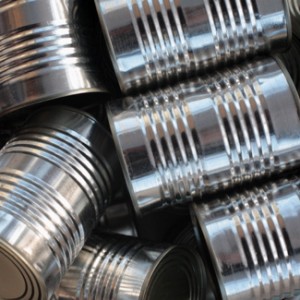 Most people understand the necessity of preparing for an emergency. In fact, they often express the regret that they hadn’t started sooner or that they have not put in the diligence needed to ensure that their family has an adequate supply of emergency provisions in the event of an emergency. However, one factor that prevents many people from taking the steps needed to accumulate a food storage stockpile that will feed their family for weeks or months is the idea that it will cost far too much money. With so many people struggling to just meet the demands of today, thinking about putting away a supply of food for unforeseen emergencies seems too far out of reach. Most people understand the necessity of preparing for an emergency. In fact, they often express the regret that they hadn’t started sooner or that they have not put in the diligence needed to ensure that their family has an adequate supply of emergency provisions in the event of an emergency. However, one factor that prevents many people from taking the steps needed to accumulate a food storage stockpile that will feed their family for weeks or months is the idea that it will cost far too much money. With so many people struggling to just meet the demands of today, thinking about putting away a supply of food for unforeseen emergencies seems too far out of reach.
Fortunately, there are ways that you can build your emergency food supply without breaking your monthly budget. For one thing, you need to consider the fact that your food storage will actually act as a buffer against inflation. Food prices are going up every day, but there is an economic advantage when you plan ahead. You can save money and reap the benefits when you build your food storage supply. After all, when you purchase your food at today’s prices, you do not have to worry about (Read more....) […]
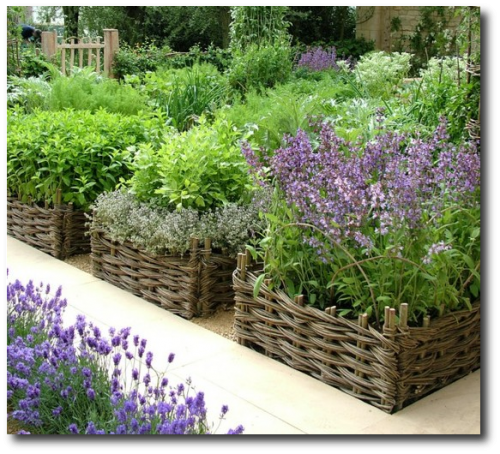
Should disaster ever strike, it’s important to have a number of preparations and plans in place. The last thing you want to do is wander through life aimlessly, completely unprepared in case something horrible were to happen or strike. I’m not trying to be a buzzkill, but it’s quite likely you’ll encounter emergency circumstances in your lifetime and the only way to be prepared for such unfortunate circumstances is to have a plan of action in place.
One area I like to focus much of my disaster planning on is on emergency food. I stock up my outside pantry with canned foods and bottled water every so often, but recently I’ve also started to grow a garden as well. I’ve learned that gardens are quite useful and helpful, especially in the direst of circumstances. If you don’t already have a garden, here are three reasons why it might be a good idea to start cultivating one for emergency situations.
Teaches Self-sufficiency
If your sole chance of having breakfast, lunch, or dinner depends on you nurturing your crops, you better believe you’re going to be diligent in taking care of your garden. Before I ever (Read more....) […]
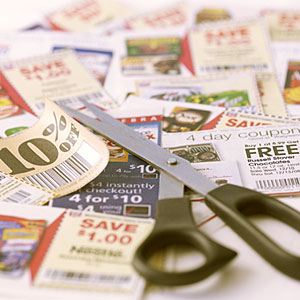 Most emergency preparedness experts recommend having enough food, water, and supplies to last at least two weeks in the case of a disaster. It can be difficult to find the money to set aside enough to see your family through a fourteen day period, however. With coupons, you can easily find great deals on the things that you need for your emergency supplies without making a big dent in your regular monthly budget. Most emergency preparedness experts recommend having enough food, water, and supplies to last at least two weeks in the case of a disaster. It can be difficult to find the money to set aside enough to see your family through a fourteen day period, however. With coupons, you can easily find great deals on the things that you need for your emergency supplies without making a big dent in your regular monthly budget.
Start With the Basics
Water, food, and medical supplies are all important to have on hand. But which of these items should you begin purchasing and storing first? When you don’t have a lot of extra money to spend, you will want to start with the basics and purchase items when they are on sale. By using a coupon for an item that is already at a reduced price, you stock up on the things that you need at a much faster rate than buying items at full price.
According to the website Ready.Gov, you need the following on hand:
· One gallon of water per person, per day.
· Enough food for each person, preferably dried or canned foods.
· Pliers, scissors, and other common tools.
· Medical supplies, such as bandages, prescription medications, and over the counter (Read more....) […]
|
|









